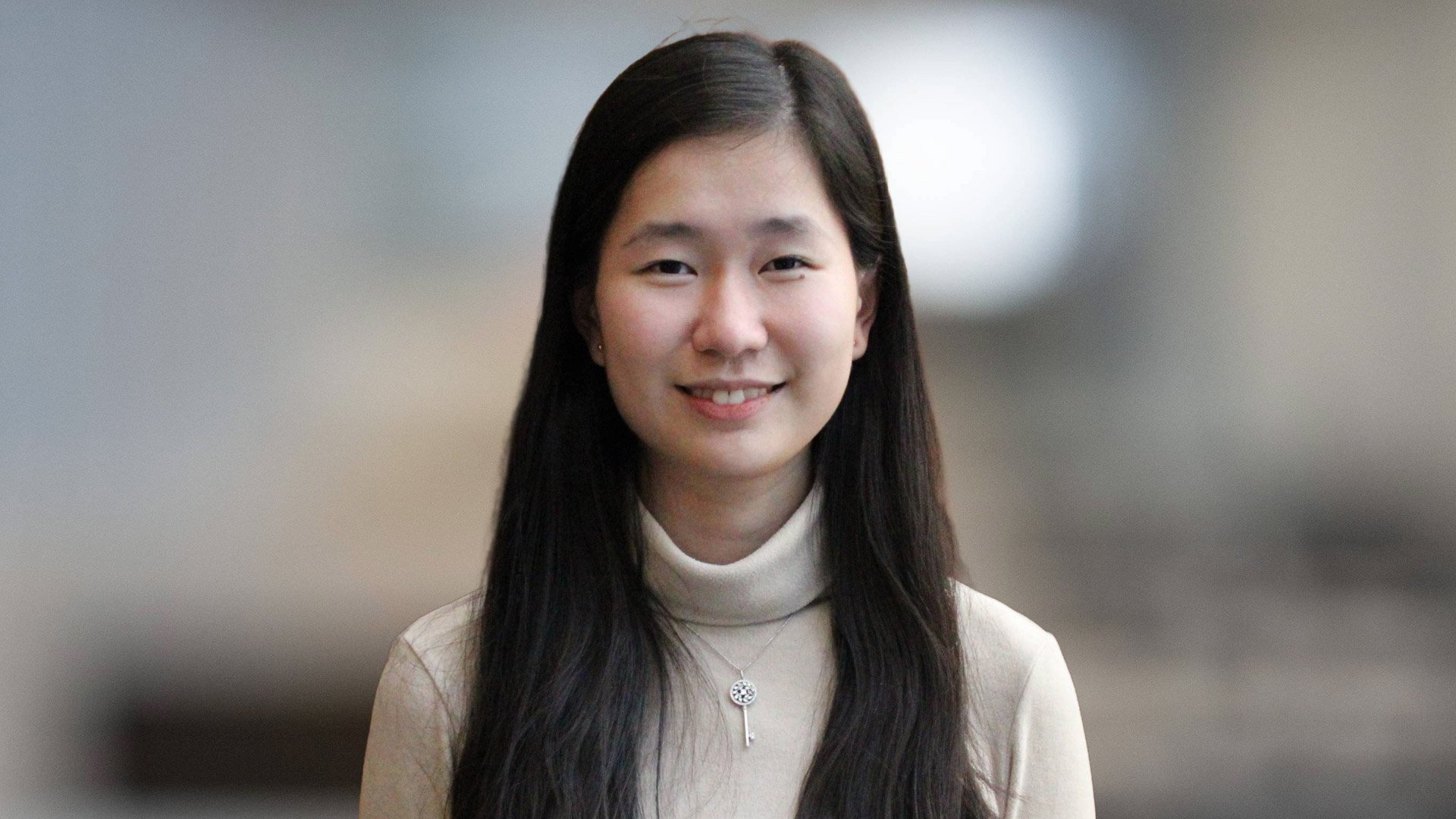Helen Li
Computer Science Specialist with a Focus in Computational Linguistics and Natural Language Processing, Artificial Intelligence, Statistics Major
Victoria College
Drawn to the University of Toronto (U of T) for its rigorous computer science program and dynamic downtown setting, Helen Li discovered a passion for building technology that intersects with everyday life. Research internships in human-computer interaction and AI sparked her curiosity, while three internships at Microsoft helped her develop real-world engineering skills.
As she prepares to graduate, Li reflects on the meaningful experiences that have shaped her time at U of T, especially her roles in mentorship and leadership through the DCS Ambassadors program and Women in Science and Engineering (WISE), where she helped empower and support hundreds of fellow students.
This Q&A has been edited for clarity and length.
What inspired you to study computer science at U of T?
When applying to undergraduate programs, I found it difficult to pick an area of study because I couldn’t decide on just one thing. Choosing computer science made me feel like I wasn’t picking just one thing, because I was able to combine many different fields, as technology manifests itself in various parts of our day-to-day life. I was specifically drawn to U of T for the rigour of its computer science program and its location in downtown Toronto.
You have been very involved in mentorship and leadership. Why was it important to you to get involved in student life at U of T?
Coming from a high school with less than 1,000 students in total, U of T felt huge and slightly frightening to navigate for me at first. Getting involved with student life helped me find my smaller communities within the large campus environment. Taking part in mentorship and leadership opportunities like the DCS Ambassadors program allowed me to give back by helping more students like me find their place at U of T, too!
Tell us more about how you got involved with research internships and how those experiences shaped your time as an undergraduate.
After emailing a few professors and lab groups about volunteer opportunities, I was fortunate to begin research in my second semester at U of T under the supervision of Professors Alex Mariakakis and Khai Truong. Over the past few years, working on a variety of projects at the CHAI Lab and the DGP Lab challenged me to approach problem-solving with more curiosity and flexibility. These experiences also shaped my research interests at the intersection of human-computer interaction and artificial intelligence, reinforcing my commitment to building technologies for positive impact.
As for internships, I was accepted to the Explore (Software Engineering + Product Management) program at Microsoft the summer after my first year. Since then, I interned twice more at Microsoft as a software engineer, building new, customer-facing features for several Azure (Microsoft’s cloud computing platform) product teams. These experiences provided me with valuable exposure to the engineering lifecycle in the industry, pushed me to pick up unfamiliar technologies quickly, and taught me how to build scalable, user-centred solutions in fast-paced environments.
You've been an advocate for women in tech. Can you share some of the initiatives you've been involved in and their impact?
As a four-time executive, I have spent a lot of my time at U of T with the Women in Science and Engineering (WISE) chapter on campus. One of my favourite WISE initiatives is our annual national conference! Every January, we host over 500 delegates across Canada for a weekend filled with speaker events, workshop sessions, and networking opportunities. It’s always inspiring to see everyone come together and walk away from the conference weekend with something new, whether it's insights, opportunities, or new friends!
What’s one piece of advice that you would give to incoming students?
Always be the biggest advocate for yourself! Don’t let self-doubt get in your way of trying new things or reaching for bigger opportunities.
What's next for you?
This fall, I will start my first full-time job as a software engineer at Microsoft on their Silicon Valley campus! Concurrently, alongside my job, I will also be pursuing the master’s in computer science program at Stanford University on a part-time basis. I’m excited for the next few years in the Bay Area!

